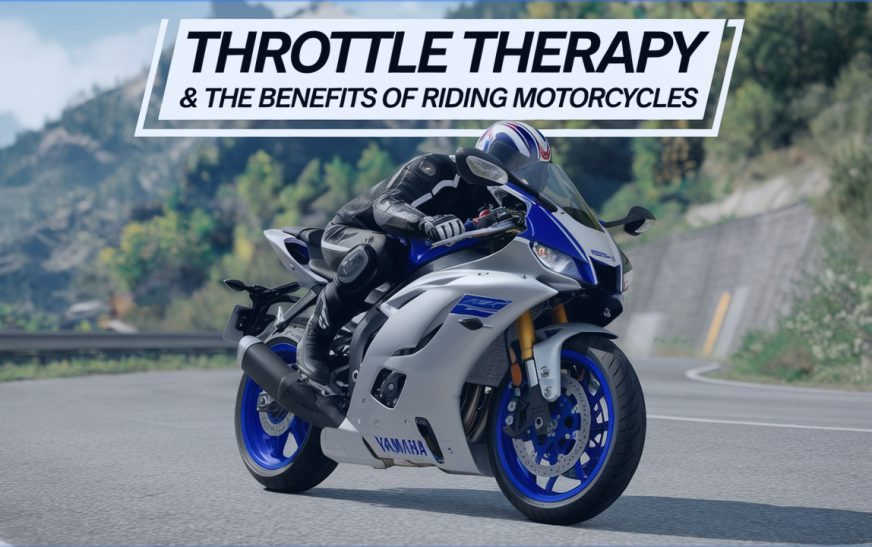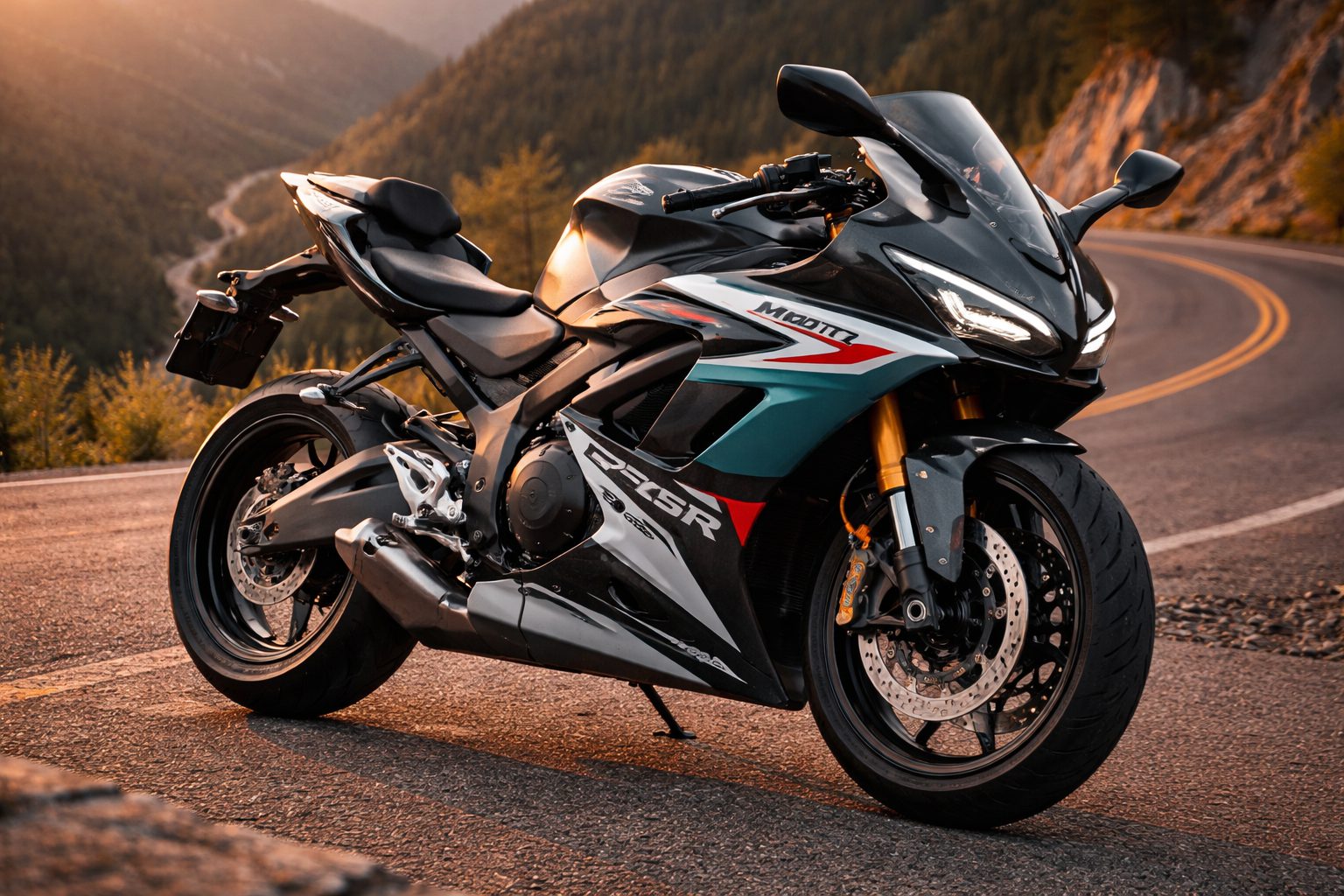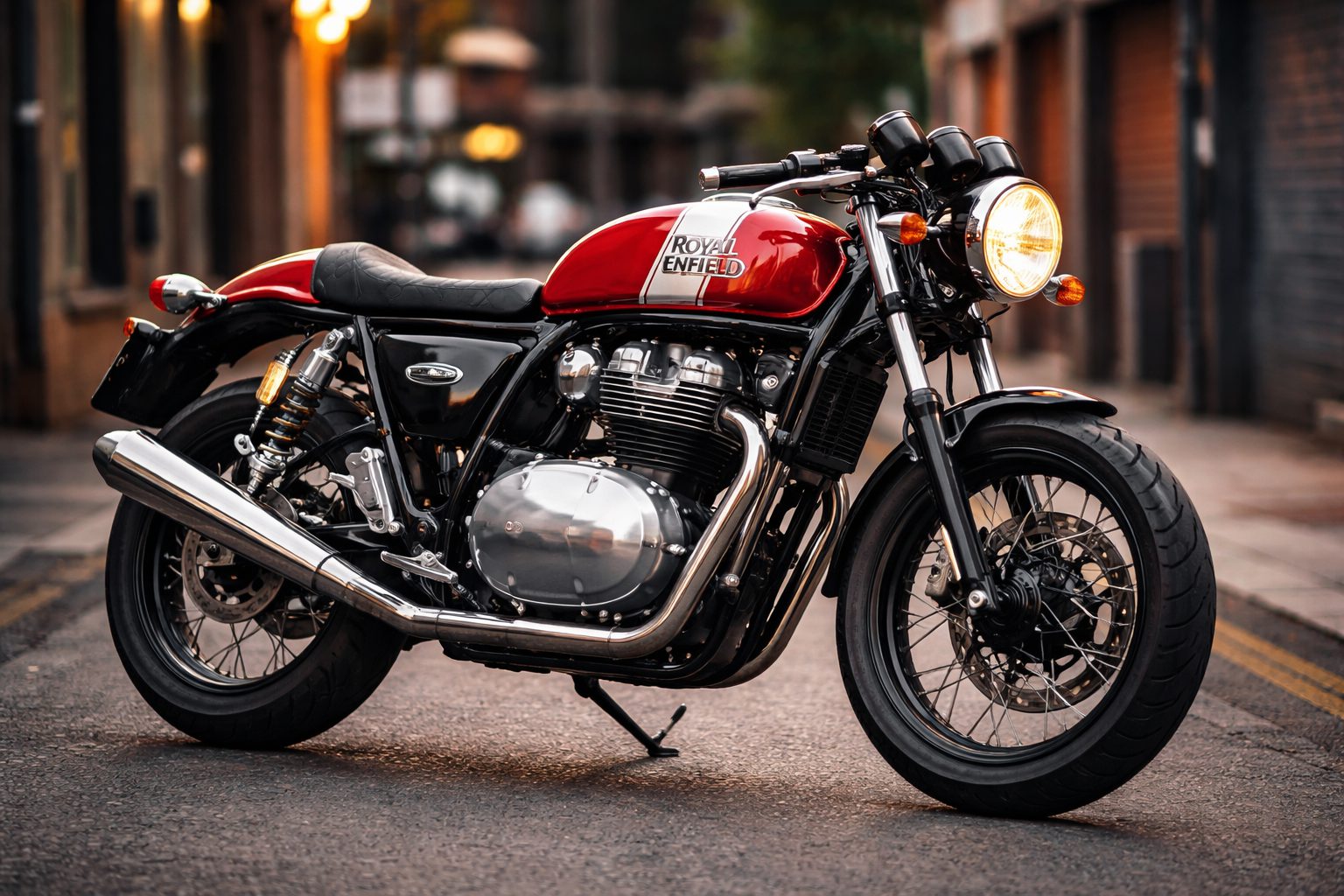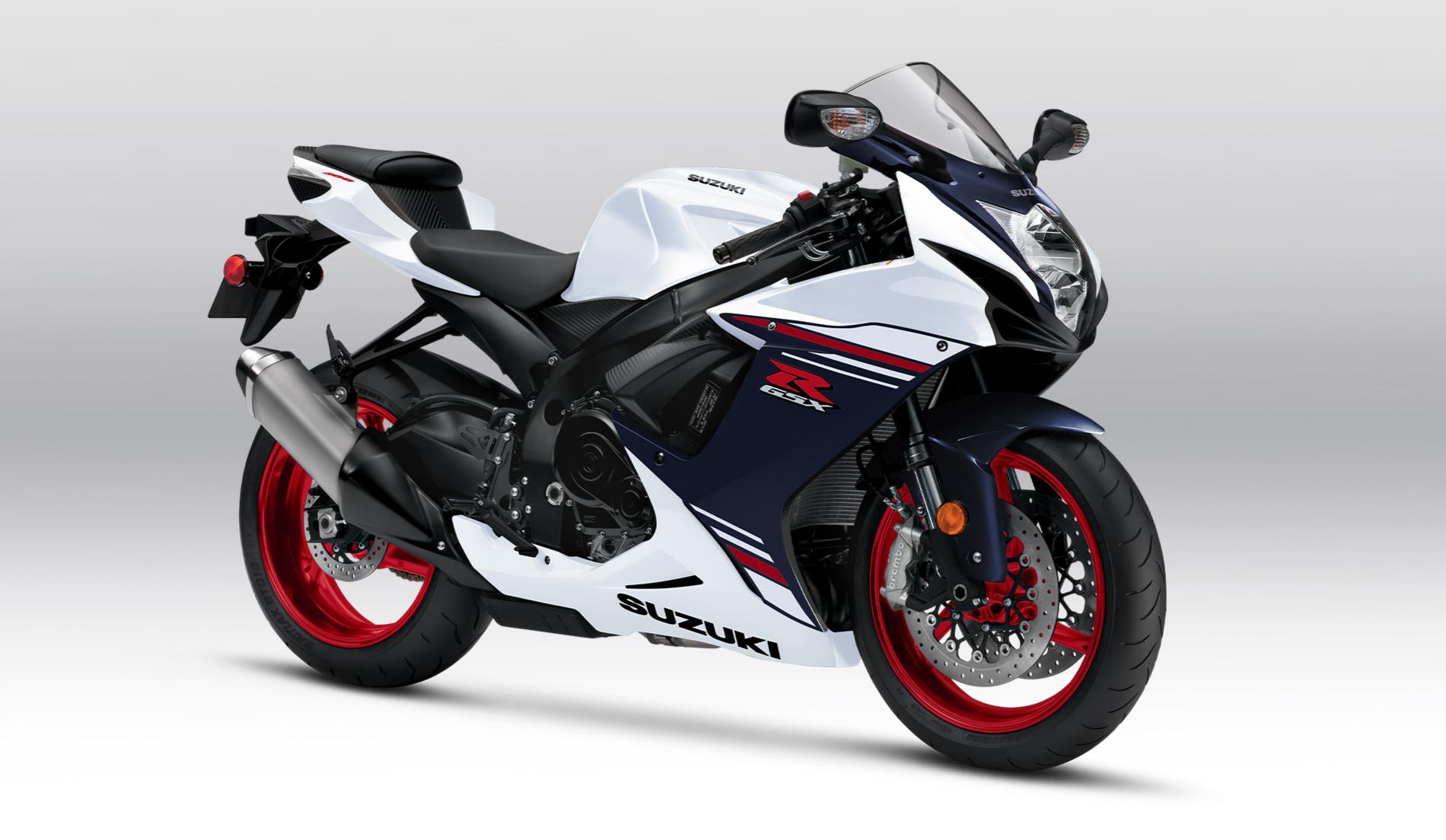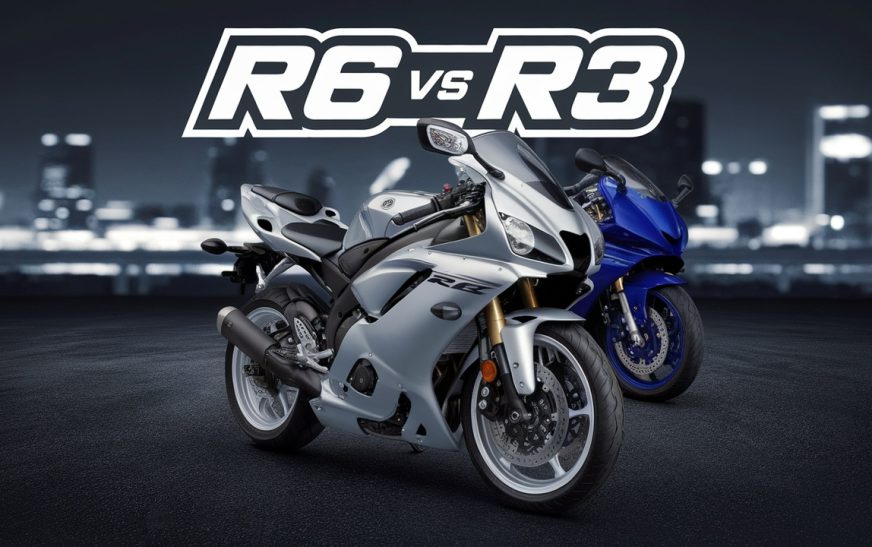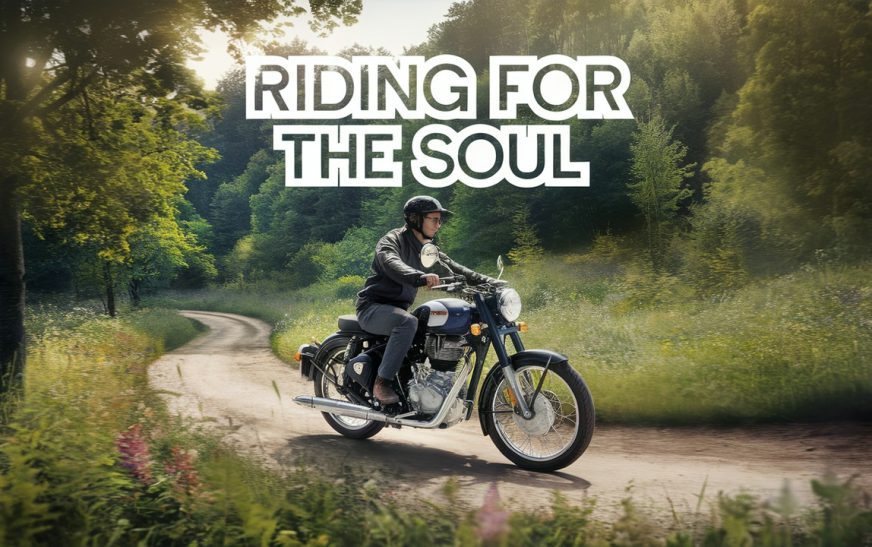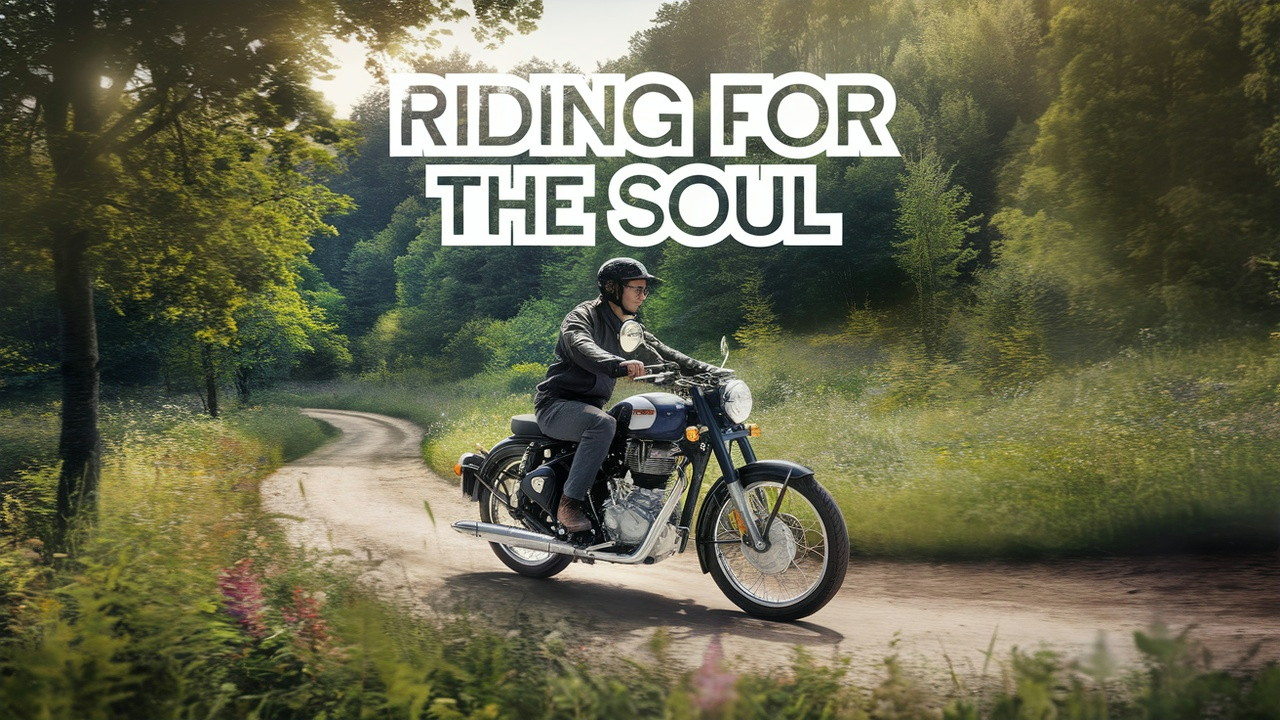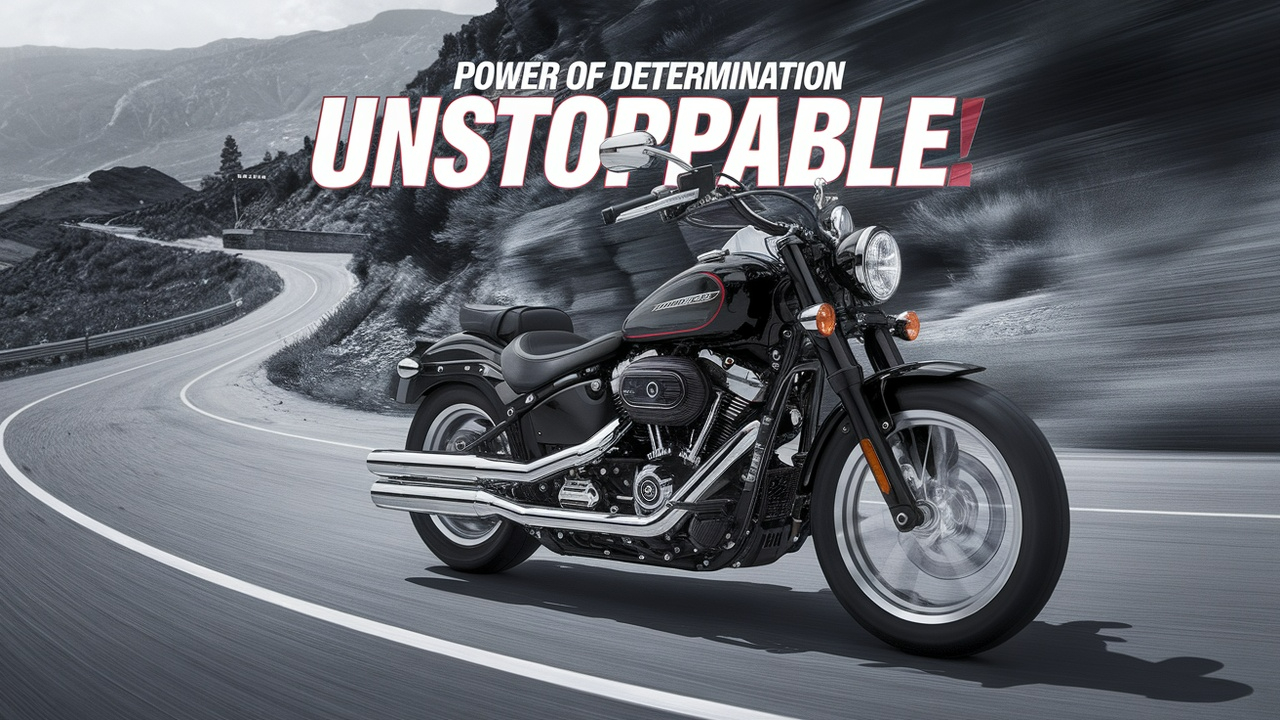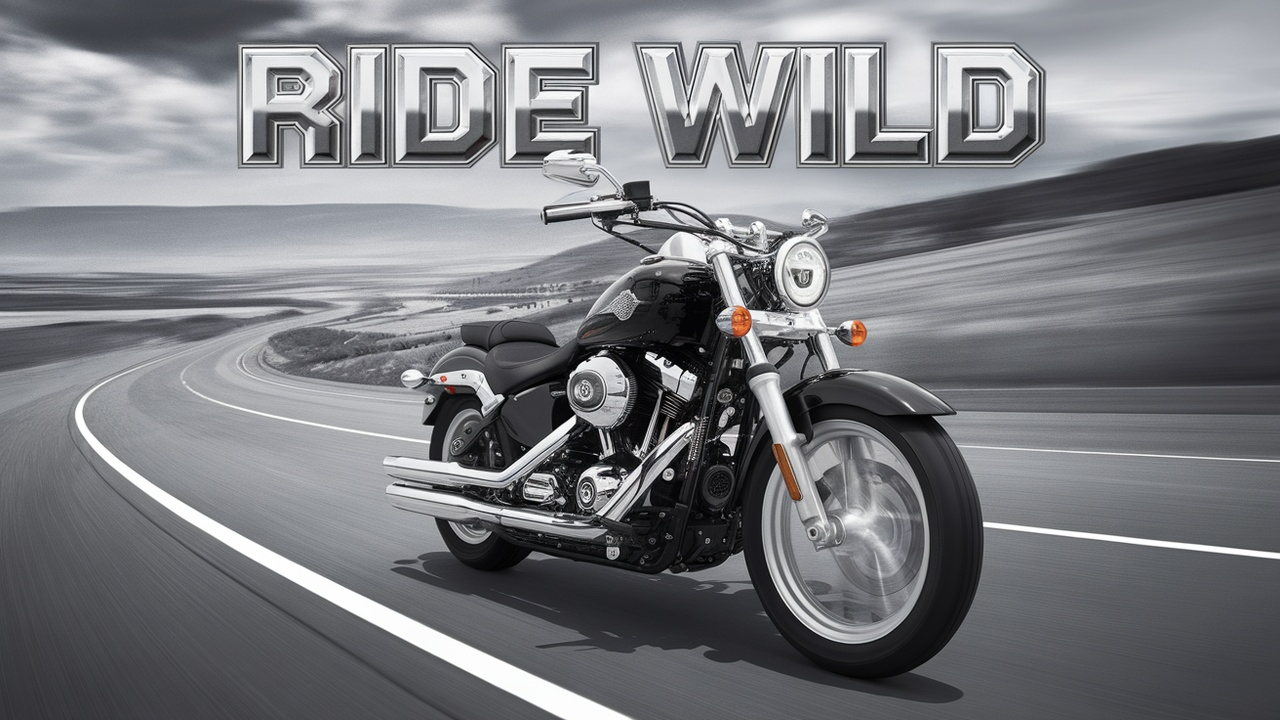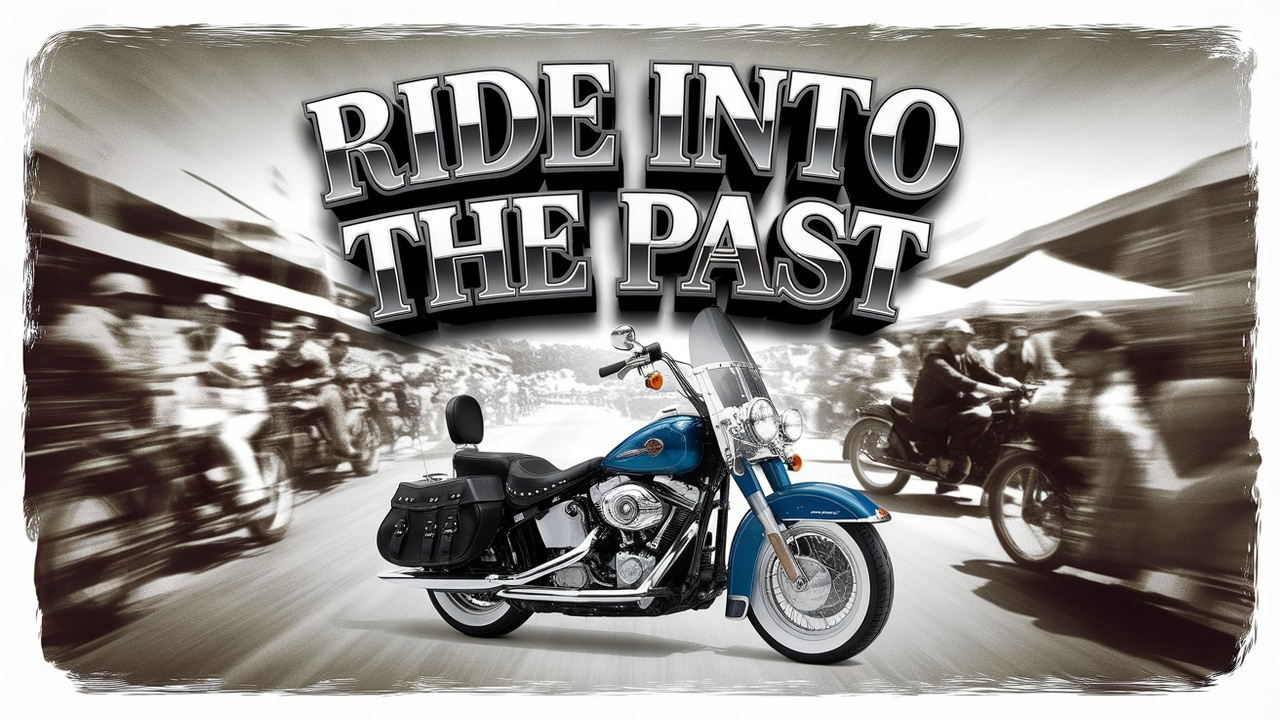How Motorcycles Relieve Stress
Motorcycle riding is often seen as an exhilarating hobby that offers a unique combination of adrenaline, freedom, and adventure. However, for many riders, the benefits go far beyond the thrill of the ride. The concept of “throttle therapy” has gained increasing recognition as a form of stress relief and mental wellness. Throttle therapy refers to the psychological and emotional benefits derived from the act of riding a motorcycle, where the physical engagement with the bike, the connection to the road, and the mental focus required combine to create a sense of freedom, relaxation, and well-being. Riding a motorcycle, for many, offers a unique way to disconnect from the stresses of daily life and experience a sense of calm and clarity. In this article, we will explore how motorcycle riding, through its therapeutic properties, can help reduce stress, improve mental health, and provide numerous other psychological benefits for riders.
The Power of Focus: Immersive Experience and Stress Relief
One of the key components of throttle therapy is the immersive experience of motorcycle riding, which demands complete focus and concentration. When riding a motorcycle, the rider’s attention is drawn to several essential factors: controlling the throttle, clutch, and brakes, monitoring the road conditions, maintaining balance, and responding to external stimuli such as traffic and road hazards. This level of focus creates a mental escape, allowing riders to temporarily disconnect from the worries and pressures of their daily lives. The concept of “being in the moment” or mindfulness is central to stress relief, and motorcycle riding naturally fosters this state. Riders cannot afford to be distracted or preoccupied with stressors; instead, they must remain aware of the present, where every twist of the throttle and lean into a corner requires careful attention and skill.
Unlike other forms of stress relief—such as watching television or scrolling through social media—riding a motorcycle requires active engagement. It’s a hands-on experience that demands full mental and physical participation. As riders concentrate on their environment and the task at hand, their brains are given a break from rumination and overthinking, which often fuels stress and anxiety. This ability to focus on the immediate task at hand brings about mental clarity, reducing the impact of external stressors and promoting a sense of calm and control.
The Flow State: How Riding Induces a Meditative Mental State
One of the most powerful mental benefits of motorcycle riding is the ability to enter the “flow” state. Flow is a psychological concept that refers to a state of complete immersion and concentration in an activity, where the individual loses track of time and experiences a deep sense of enjoyment. Motorcyclists often report entering a flow state during their rides, where the act of riding becomes seamless and effortless. The sensation of acceleration, the sound of the engine, the wind rushing by, and the feeling of the road beneath the tires create an environment where riders are entirely absorbed in the moment.
The flow state is closely associated with optimal performance and well-being. When in flow, riders experience a heightened sense of control, where they feel completely at one with the motorcycle. This deep connection can produce a euphoric, almost meditative feeling, as the mind becomes completely engaged with the experience. Research has shown that engaging in activities that induce flow can have significant positive effects on mental health, including reducing stress, anxiety, and depression. For motorcyclists, achieving flow while riding provides a mental “reset,” which helps clear the mind of everyday worries and promotes emotional well-being.
Endorphins and the Physical Benefits of Riding
The physical act of riding a motorcycle also plays a role in its therapeutic effects. Like other forms of exercise, motorcycling triggers the release of endorphins—the body’s natural “feel-good” chemicals. These chemicals are associated with feelings of happiness, relaxation, and pain relief. The physical activity involved in motorcycle riding, such as gripping the handlebars, leaning into turns, and controlling the throttle, can increase heart rate, engage core muscles, and provide a cardiovascular workout, all of which contribute to the release of endorphins. The effect is similar to that of other forms of exercise, such as running or cycling, where the rider experiences an emotional lift and a reduction in stress after the ride.
Moreover, the sensation of acceleration and speed can be particularly effective at relieving tension. As riders twist the throttle and the motorcycle accelerates, the body experiences an adrenaline rush, which can heighten feelings of exhilaration and joy. This adrenaline boost not only helps relieve stress in the short term but also contributes to a sense of achievement and empowerment, especially for those who enjoy the challenge and skill involved in riding.
A Sense of Freedom and Liberation
Motorcycle riding offers a sense of freedom that can be incredibly therapeutic. Many riders describe motorcycling as a form of liberation—freedom from the constraints of everyday life, freedom from responsibility, and freedom from stress. Unlike driving a car, where riders are enclosed in a vehicle, on a motorcycle, riders feel connected to their surroundings. The open road, the wind in their face, and the sense of being out in the open space create a feeling of expansiveness and possibility. This open, unrestricted feeling can be a powerful antidote to the feelings of confinement, frustration, or anxiety that many people experience in their personal or professional lives.
For many, riding a motorcycle is a way to escape the pressures of work, family, or personal challenges. The road becomes a sanctuary where riders can be free from distractions and immerse themselves in the act of riding. This sensation of freedom not only relieves stress but also provides a mental reset, where riders can reflect on their thoughts and emotions without being overwhelmed. The act of riding allows them to reclaim a sense of control over their environment, which can be incredibly empowering.
The Therapeutic Effects of the Motorcycle as a “Safe Space”
Beyond the physical and mental benefits of riding, motorcycles themselves can serve as a “safe space” for riders—a personal refuge where they can find solitude and peace. For many motorcyclists, their bike is more than just a mode of transportation; it’s a trusted companion that provides emotional support and stability. The relationship between rider and bike often transcends mere utility. The act of maintaining, customizing, and taking care of the motorcycle fosters a sense of ownership, responsibility, and connection.
The motorcycle serves as a reliable outlet for riders to express themselves and find joy. In many ways, the bike becomes a physical manifestation of the rider’s identity and personality, a tool that allows them to engage in self-expression. This bond between rider and bike can have therapeutic benefits, particularly for those who may feel overwhelmed by external pressures. The sense of pride and satisfaction that comes with riding a well-maintained, personalized motorcycle can boost self-esteem and provide a sense of accomplishment, which, in turn, helps alleviate stress.
Social Connections and Community Support
While riding can be an individual experience, it also fosters social connections that can provide additional emotional support and stress relief. Many motorcyclists are part of clubs or online communities where they share their passion for bikes, exchange advice, and participate in group rides or events. The camaraderie that comes with being part of a motorcycle community is often cited as one of the most fulfilling aspects of the sport.
Socializing with like-minded individuals can help reduce stress and feelings of isolation. Riders who are part of a community can benefit from shared experiences and a sense of belonging. Group rides, in particular, offer an opportunity to connect with others while enjoying the therapeutic effects of motorcycling. The shared love of riding fosters strong friendships, and the support from fellow riders can be comforting, especially during challenging times. In this way, motorcycle riding becomes not only an individual form of stress relief but also a collective experience that can help riders cope with the pressures of life.
The Mental Reset: Escape from the Routine
In today’s fast-paced world, many people find themselves caught in an endless cycle of responsibilities, work, and routines. Motorcycle riding offers a welcome break from the monotony of daily life. For riders, taking the bike out for a spin is an opportunity to break free from the routine, to change their perspective, and to recharge mentally and emotionally. The very act of stepping away from work, family obligations, or other pressures and indulging in a solo ride can have a profound effect on mental clarity.
This “reset” helps reduce burnout and provides a sense of rejuvenation. For many riders, regular motorcycle rides become a form of self-care, a ritual that they look forward to as a means of regaining focus and energy. Whether it’s a short ride to clear the mind or a longer journey to explore new places, the time spent on the bike allows riders to reflect, disconnect, and return to their daily life feeling refreshed and ready to face challenges with renewed strength.
Throttle Therapy as a Path to Mental Wellness
In conclusion, throttle therapy represents the profound mental, emotional, and physical benefits that come from the act of riding a motorcycle. Through its immersive, focus-driven nature, motorcycle riding offers riders a form of stress relief that promotes mindfulness, reduces anxiety, and induces a state of flow that leads to emotional well-being. The release of endorphins, the sensation of freedom, the connection between rider and bike, and the social support found within the motorcycle community all contribute to the therapeutic effects of riding. For many, throttle therapy is a vital practice that provides a much-needed escape from the stress and pressures of everyday life. Whether riding solo or with a group, on a short ride or an extended journey, the motorcycle offers an outlet for relaxation, joy, and personal growth—a unique form of self-care that promotes mental wellness and emotional resilience.
Are you curious if the Yamaha R3 can outperform the R6? Please click here for further information.

